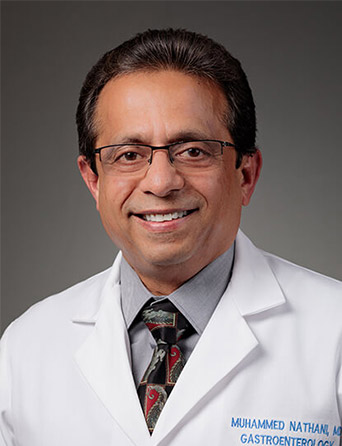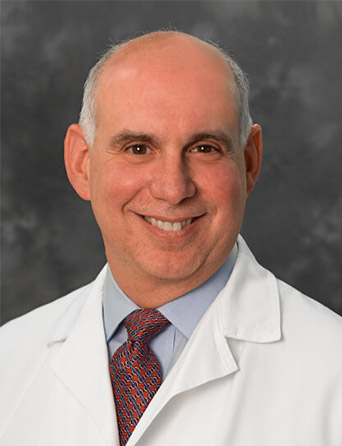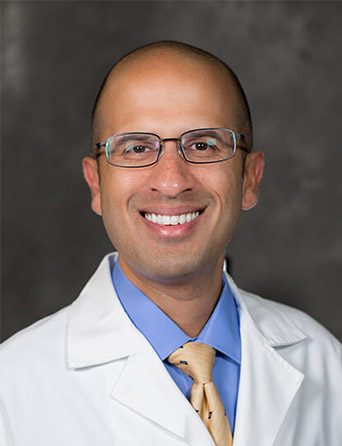Join Our eNewsletter!
Subscribe to our monthly newsletter to receive encouraging advice to help you lead a healthy lifestyle.

Living with Gastroesophageal Reflux Disease (GERD)
Gastroesophageal reflux disease (GERD) is a common condition in which the esophagus becomes irritated or inflamed because of acid backing up from the stomach.
Kelsey-Seybold gastroenterologist Dr. Sheela Chandra, says that the origins of GERD can stem from many conditions related with obesity, smoking, alcohol, and sometimes pregnancy. But certain medications, including sedatives for insomnia, tricyclic antidepressants, and high blood pressure Beta blockers, may also contribute to GERD complications.
“Common symptoms of GERD may include a feeling of fullness or burning pain under the breastbone and nausea,” said Dr. Chandra. “These sensations may be enhanced after eating, bending over, or lying down and are more likely to worsen at night. If you believe your medication may be causing symptoms of heartburn, talk to your doctor immediately. Never discontinue medication without first consulting with your physician.”
What You Can Do?
Dr. Chandra said that once a diagnosis of GERD has been established, it may become a lifelong condition that will need management. She added that it’s best to identify certain causes of your symptoms and learn to avoid or control circumstances to alleviate or even prevent symptoms.
Dr. Chandra provides some tips for helping to keep GERD under control:
- Eat smaller meals more often. By consuming lesser amounts more frequently throughout the day, you’ll reduce gastric pressure on your esophagus. Eating more slowly will help a great deal, also.
- Avoid eating just before bedtime.When you sleep, your esophagus relaxes, and gravity starts working against you. By allowing food to digest at least two hours before going to bed, you’ll be much more comfortable.
- Skip foods that cause heartburn. Certain foods are known to increase gastric pressure and loosen the lower esophageal muscles. Carbonated drinks, coffee or caffeine products, mint, fried foods, and acidic fruit juices are all bad choices.
- Stay away from alcohol. Alcoholic beverages increase the production of stomach acid. They also relax the lower esophageal muscles that help prevent reflux and contribute to the development of peptic ulcers.
- Use antacids. Antacids provide rapid relief of the effects of heartburn and work for up to 12 hours. Your doctor may recommend taking an H2 blocker about an hour before symptoms usually arise.
- Elevate your bed. By raising the headboard end of your bed a few inches or using a wedge pillow to raise your head, gravity will help keep stomach acids from backing into your esophagus.
- Wear comfortable clothing.Added pressure caused by constrictive clothing can dramatically increase the gastric pressure on your stomach. Slenderizing undergarments and tight-fitting belts will only complicate GERD symptoms.
- Stop smoking. Cigarette smoking triggers the production of peptic acids in the stomach. Smoking also exasperates the lining of the throat and lungs, making reflux symptoms more agitated.
- Calm down and relax. Although anxiety and stress haven’t been connected to GERD, alleviating stress has been shown to help reduce some of the behaviors that are related to the disease.
See Your Doctor
If you’re suffering from symptoms associated with GERD, it’s important you see your doctor for a proper diagnosis and treatment. Most people respond positively to non-surgical management of the disease through medication.
Your doctor may want to perform an upper endoscopy, which is often used to examine the esophagus for proper diagnosis. Anti-reflux procedures may be an option for patients with symptoms that don’t subside or that worsen over time. Ask your physician about the new therapies and procedures now available through advances in endoscopic treatments.








